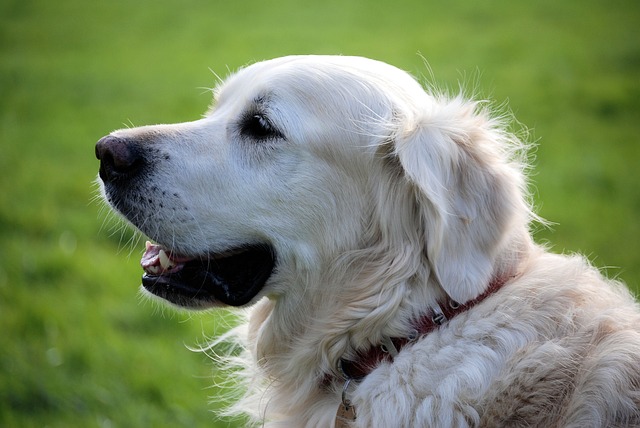
How to Teach Dogs to Stay Still
Dogs struggle with “stay” because their brains are wired to “follow the pack”—and you’re their pack. To them, staying put while you move feels wrong
Many Husky owners are surprised when their typically friendly companion shows aggression towards other dogs. That sudden growl or lunge at the park doesn't mean your Husky is "bad" - it's their way of communicating discomfort. These intelligent, high-energy dogs have specific needs that, when unmet, can manifest as aggressive behaviors. Let's unpack what's really going on behind those striking blue eyes.
Contrary to popular belief, Huskies aren't naturally aggressive. Their wolf-like appearance often leads to misunderstandings about their temperament. The truth is, aggression usually stems from identifiable triggers rather than breed traits. Think of it like solving a puzzle - once you understand the pieces, you can help your Husky feel more at ease around other dogs.
Fear is one of the most common yet overlooked causes. Imagine being surrounded by unfamiliar dogs when you're unsure how to interact - wouldn't you feel defensive too? Huskies may react aggressively when they feel trapped or overwhelmed. Territorial behavior often shows up at home or in familiar spaces, while leash aggression typically occurs during walks when they feel restrained.
Watch for subtle signs before aggression escalates. That stiff tail, pinned-back ears, or intense staring aren't just quirks - they're clear warnings. Some Huskies become unusually quiet before reacting, while others may lick their lips excessively. Learning these signals is like understanding a secret language that can prevent tense situations.
Positive reinforcement works wonders with this sensitive breed. Instead of punishment, reward calm behavior around other dogs with high-value treats. Controlled socialization is key - start with brief, positive encounters at a distance, gradually decreasing space as your Husky becomes comfortable. Remember, forcing interactions often backfires spectacularly.
These energetic dogs need more than physical exercise - mental stimulation is equally important. A bored Husky is more likely to develop behavioral issues. Try puzzle toys, scent games, or training sessions to tire their active minds. Regular routines help too; unpredictability can heighten anxiety that manifests as aggression.
Sometimes professional help is necessary, and that's perfectly okay. If your Husky's aggression seems unpredictable or escalates quickly, consult a certified behaviorist. Sudden behavioral changes might indicate underlying health issues, so a veterinary checkup is always wise. There's no shame in seeking expert guidance - it shows how much you care about your furry friend's wellbeing.
Creating a supportive environment makes all the difference. Ensure your Husky has a safe space to retreat when overwhelmed. Manage their environment to prevent triggering situations while working on long-term solutions. With patience and understanding, most Huskies can learn to coexist peacefully with other dogs. After all, beneath that sometimes-dramatic exterior beats the heart of a loyal companion who just wants to feel secure in their world.

Dogs struggle with “stay” because their brains are wired to “follow the pack”—and you’re their pack. To them, staying put while you move feels wrong
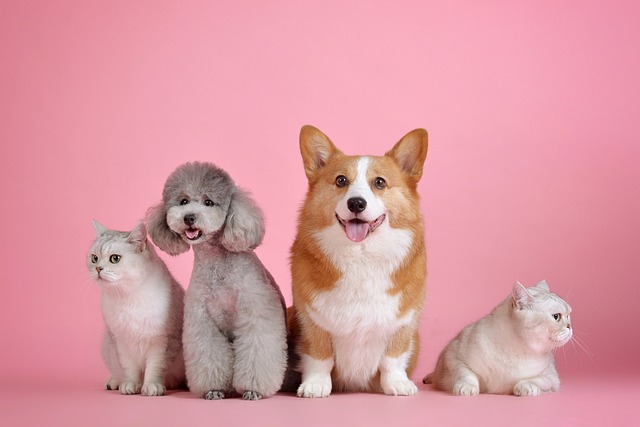
I was walking my friend’s Australian Shepherd, Luna, through a Seattle neighborhood last month when a jogger rounded the corner—and Luna erupted into barks
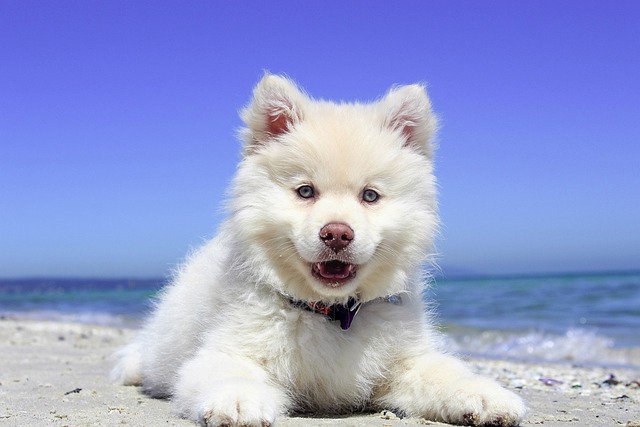
You’re walking your new rescue dog in the neighborhood park when a child on a scooter zips past, and suddenly your pup freezes, lips pulled back in a snarl, growling low in their throat.
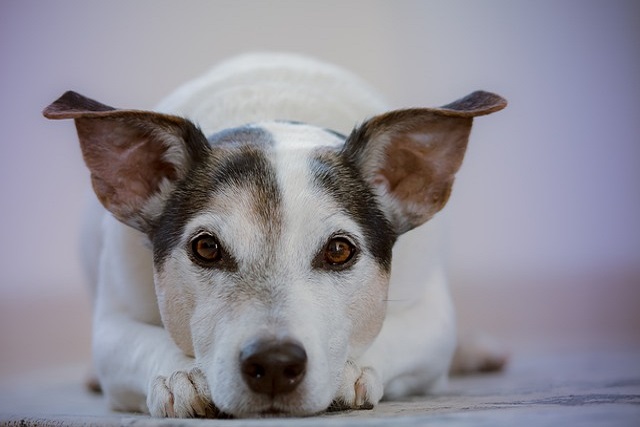
You've just moved into a cozy apartment in downtown Chicago, excited to host your first dinner party. But as soon as the doorbell rings, your dog goes wild
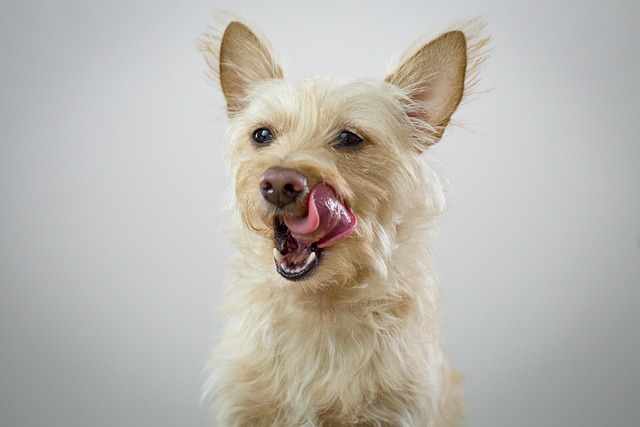
It’s 7 AM on a Tuesday, and you’re already wide awake—not because of your alarm, but because your pup is standing at the window, barking nonstop at the neighbor walking their dog.
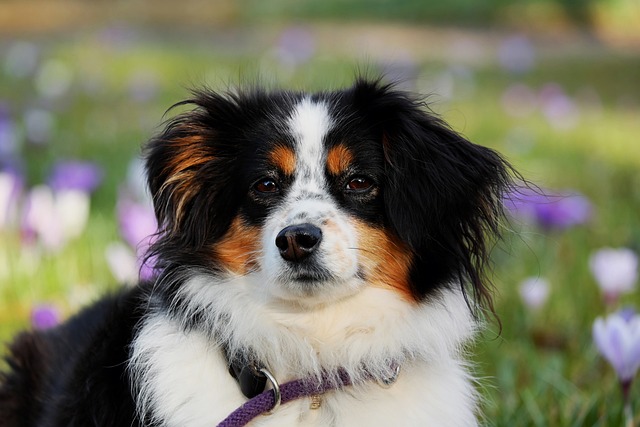
You’re strolling through your suburban neighborhood in Colorado, coffee in hand, when a kid on a bike rounds the corner. Suddenly, your pup tenses, hackles up